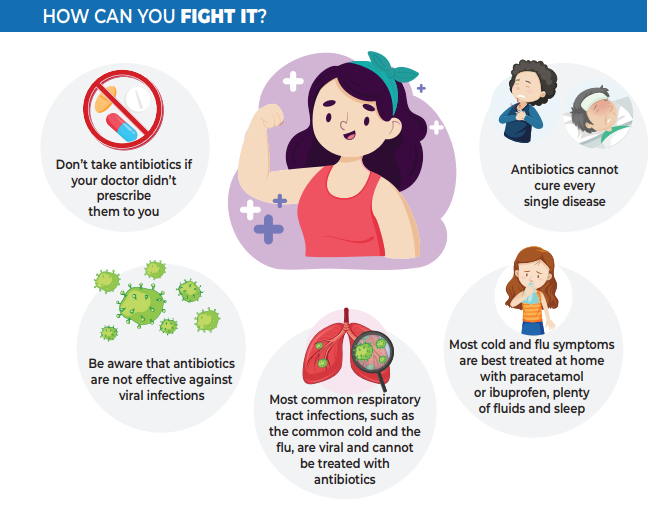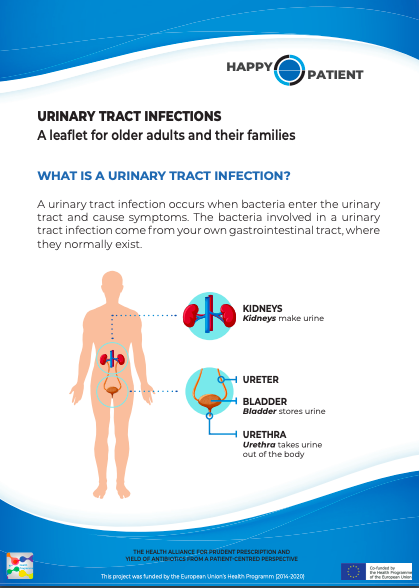It’s important for patients to understand when antibiotics are necessary and how to take them properly in order to reduce the risk of resistance and preserve the effectiveness of these life-saving medications.
Communication tools and other materials
To help patients make appropriate use of antibiotics, there are a variety of communication tools and materials available. One important resource is educational pamphlets, posters, and other printed materials that can be provided in doctors’ offices, clinics, and pharmacies. These materials can explain the risks of unnecessary antibiotic use, how to prevent the spread of infections, and when antibiotics are truly necessary.
Another important resource for patients is the prescribing guidelines for healthcare professionals. Patients can ask their healthcare provider if antibiotics are truly necessary and if there are alternatives that may be appropriate. If antibiotics are prescribed, patients should be sure to follow the instructions carefully and complete the full course of treatment, even if they start feeling better before the medication is finished.
By providing patients with the necessary communication tools and materials, we can help to ensure that antibiotics are used appropriately and effectively. This will not only help to reduce the risk of antibiotic resistance but also promote better health outcomes for patients. Ultimately, everyone has a role to play in the fight against antibiotic resistance, and patient education is a critical component of this effort.
HAPPY PATIENT Postcards
In this document patients can find information about:
- How does antimicrobial resistance occur.
- Inappropriate use of antibiotics leads to antimicrobial resistance.
- Everyone is responsible for contributing to the problem of antimicrobial resistance.
- More research is needed to develop new antibiotics.
- Antibiotics won’t treat viruses as the cold or the flu.
- It’s important to consult the doctor before taking an antibiotic.
- Never share antibiotics with friends and family.
- What is HAPPY PATIENT project. Pos
HAPPY PATIENT Urinary Tract Infection Leaflet
This document is designed to provide information about UTIs in older adults and how they can be prevented and treated.
Remember: A urinary tract infection occurs when bacteria enter the urinary tract and cause symptoms. The bacteria involved in a urinary tract infection come from your own gastrointestinal tract, where they normally exist.



